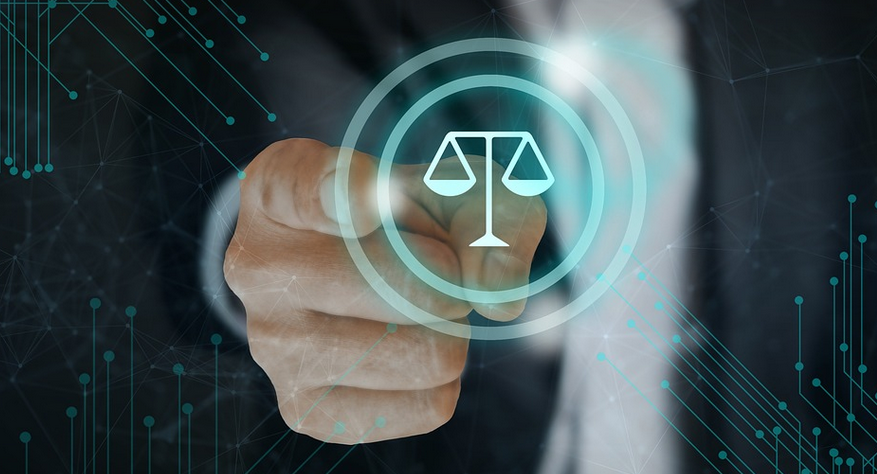Navigating the Legality of Skip Tracing in 2024
Skip tracing—the process of finding someone’s whereabouts after they’ve gone off the grid—can seem a little shady, especially in today’s world where privacy is becoming increasingly important. But let’s cut through the confusion and ask: just how legal is skip tracing, really?
The short answer is a bit complicated. Skip tracing itself isn’t inherently illegal, but its application can run into ethical and even legal trouble depending on who you’re targeting and what you intend to do with that information.
To understand this better, let’s break down the essentials of skip tracing legality:
- **What is Skip Tracing?** It involves researching a person’s past and present whereabouts to find them. This might include using public records, social media, or even checking with friends and neighbors.
- **Who Can Conduct Skip Tracing?** A wide range of people can conduct skip tracing legally. This includes private investigators, debt collectors, law enforcement agencies, and even concerned family members.
The Legalities: A Detailed Look
Skip tracing laws are pretty complex. For starters, there’s the “Fair Credit Reporting Act (FCRA)” which governs how consumer credit reports are accessed and used. This act has a very specific set of rules about when and how private information, like financial details, can be shared.
Here’s the catch: even if skip tracing itself isn’t explicitly banned, there are strict regulations on what you can do with the information you gather. It’s all about maintaining a level of ethical responsibility and ensuring that your actions don’t violate anyone’s rights.
**Understanding What Makes Skip Tracing Legal (and Illegal) **
- **Legal to Find Someone: ** While skip tracing itself isn’t illegal, the way you use the information is what matters. You can legally find a person if their whereabouts are public knowledge and you need the information for legitimate purposes, like family emergencies or legal proceedings.
- **Targeting Debt Collectors:** Skip tracing is often used by debt collectors to locate individuals who haven’t been paying their bills and are facing collection efforts.
- **Illegal Use of Skip Tracing: ** However, using skip tracing to harass, stalk, or even intimidate someone can be illegal. Using this information for personal gain (like blackmail) is also a violation of various laws.
**The Importance of Transparency and Consent:**
If you’re planning on conducting skip tracing, it’s crucial to ensure your methods adhere to ethical standards and legal requirements. Transparency about the purpose of the search is vital, and ensuring that any individual whose data you access is informed and consents to the process is non-negotiable.
**When Skip Tracing Becomes Problematic: The Need for Caution and Legal Counsel**
When skip tracing ventures into uncharted territory or crosses legal lines, it’s essential to seek counsel from legal professionals who specialize in data privacy. This could include a lawyer specializing in consumer protection or an expert in privacy law.
**Common Scenarios Where Skip Tracing Becomes Problematic**
- **Harassment and Stalking:** Using skip tracing to locate someone for personal vendetta or malicious intent is illegal and unethical.
- **Misrepresenting Your Purpose:** If you’re seeking to find a person, but your intentions are not clear to the individual being traced, it can land you in legal trouble.
**The Ever-Evolving Landscape of Skip Tracing Regulations **
With technologies advancing at breakneck speed, regulations surrounding skip tracing are constantly evolving. Staying abreast of these changes is paramount to ensuring ethical and lawful practices. Organizations like the Association of Private Investigators (API) often provide guidance on navigating the legal complexities of skip tracing.
**Conclusion:**
Skip tracing, while a powerful tool for locating individuals, requires careful consideration of its potential implications. By maintaining ethical standards, respecting individual privacy rights, and complying with all applicable regulations, you can utilize this information to achieve the intended purpose without infringing on anyone’s rights.



